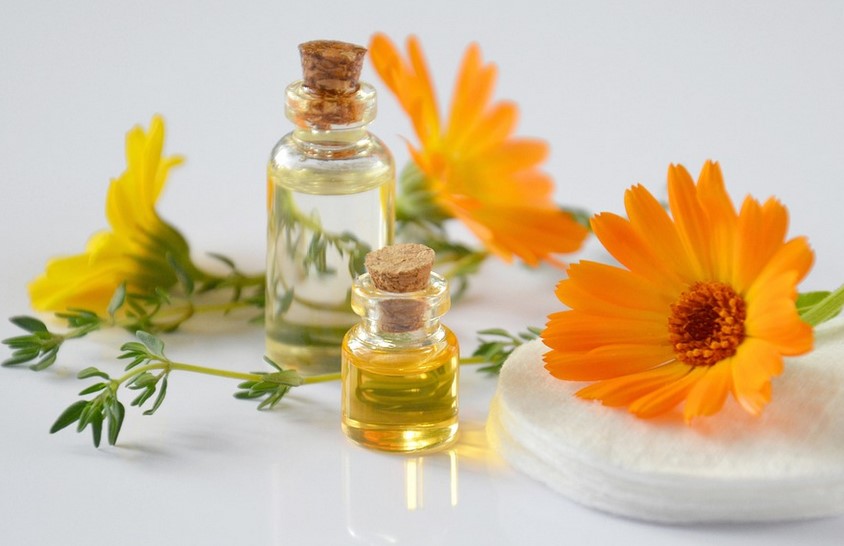The Importance of Choosing the Best Adhesive for Formica
Formica is a popular material for countertops, cabinets, and other surfaces. It is durable, affordable, and comes in a variety of colors and patterns. However, in order to ensure that your Formica surfaces last for a long time, it is important to choose the right adhesive. Using the wrong adhesive can result in the Formica peeling or lifting, which can be unsightly and can also compromise the integrity of the surface. In this article, we will discuss the best adhesives for Formica and why they are the best.
1. Contact Cement
Contact cement is a popular adhesive for Formica because it provides a strong, permanent bond. It is also resistant to heat and moisture, which makes it ideal for use in kitchens and bathrooms. Contact cement is applied to both the Formica and the substrate, allowed to dry, and then the two surfaces are bonded together.
Pros:
- Provides a strong, permanent bond
- Resistant to heat and moisture
Cons:
- Can be difficult to work with
- Produces strong fumes
2. Epoxy
Epoxy is another popular adhesive for Formica. It is a two-part adhesive that is mixed together and then applied to the surfaces. Epoxy provides a strong bond and is also resistant to heat and moisture.
Pros:
- Provides a strong bond
- Resistant to heat and moisture
- Can be used on a variety of surfaces
Cons:
- Can be messy to work with
- Takes longer to dry than other adhesives
3. Polyurethane
Polyurethane is a versatile adhesive that can be used on a variety of surfaces, including Formica. It provides a strong bond that is resistant to heat and moisture.
Pros:
- Provides a strong bond
- Resistant to heat and moisture
- Can be used on a variety of surfaces
Cons:
- Can be messy to work with
- Takes longer to dry than other adhesives
4. Cyanoacrylate (Super Glue)
Cyanoacrylate, more commonly known as super glue, is a fast-drying adhesive that can be used on Formica surfaces. It provides a strong bond, but it is not recommended for surfaces that will be exposed to heat or moisture.
Pros:
- Fast-drying
- Provides a strong bond
Cons:
- Not recommended for surfaces exposed to heat or moisture
- Can be difficult to remove if mistakes are made
Conclusion
Choosing the right adhesive for Formica surfaces is important in order to ensure that they last for a long time. Contact cement, epoxy, polyurethane, and cyanoacrylate are all popular adhesives for Formica. Each has its own pros and cons, so it is important to choose the one that is best suited for your particular project.

